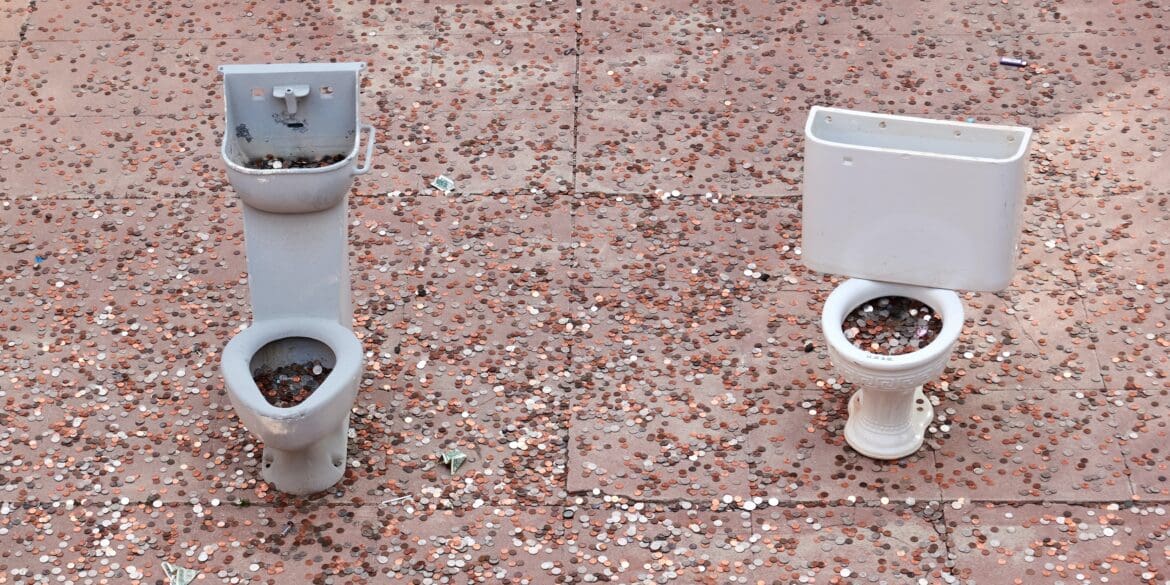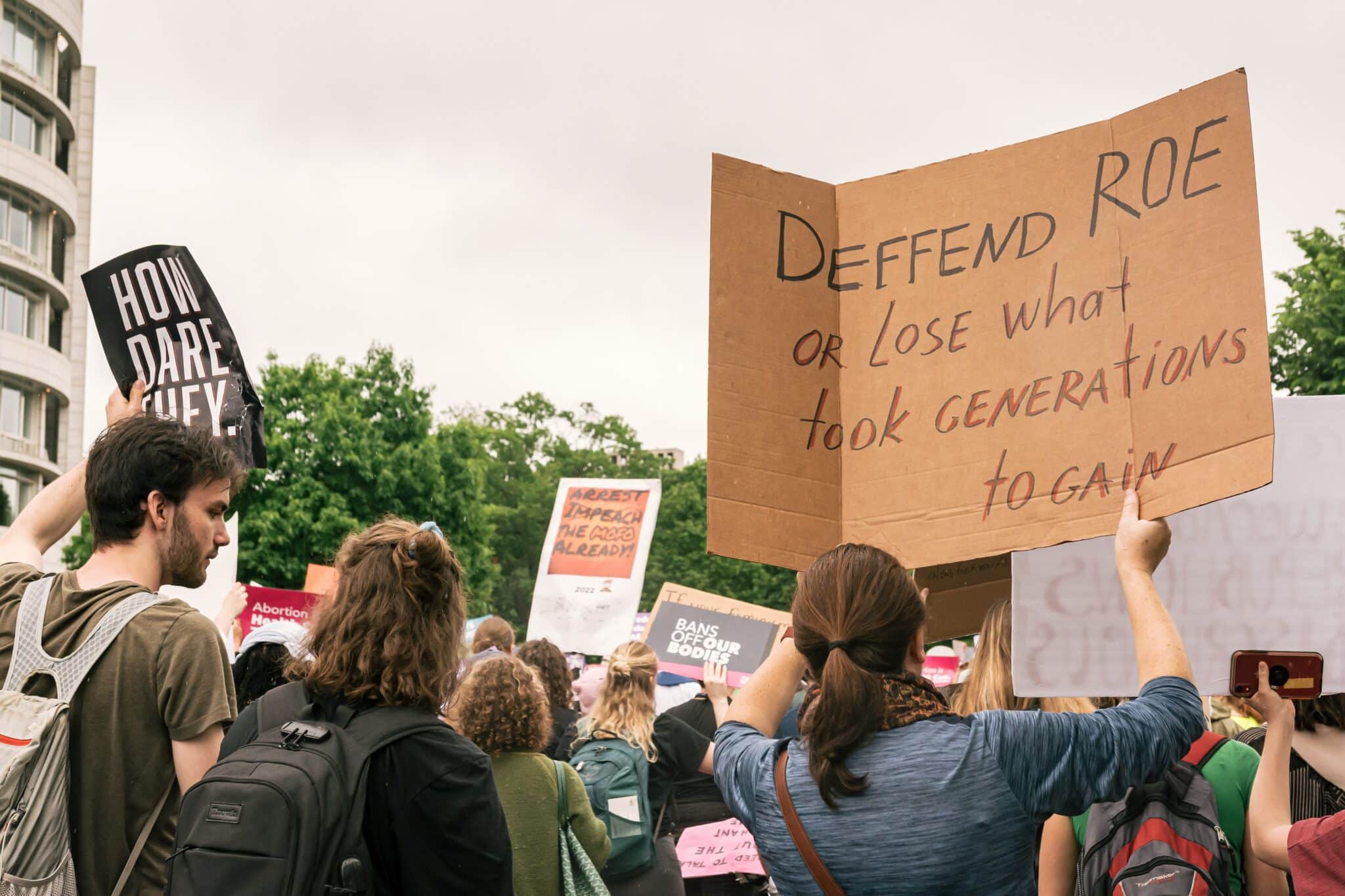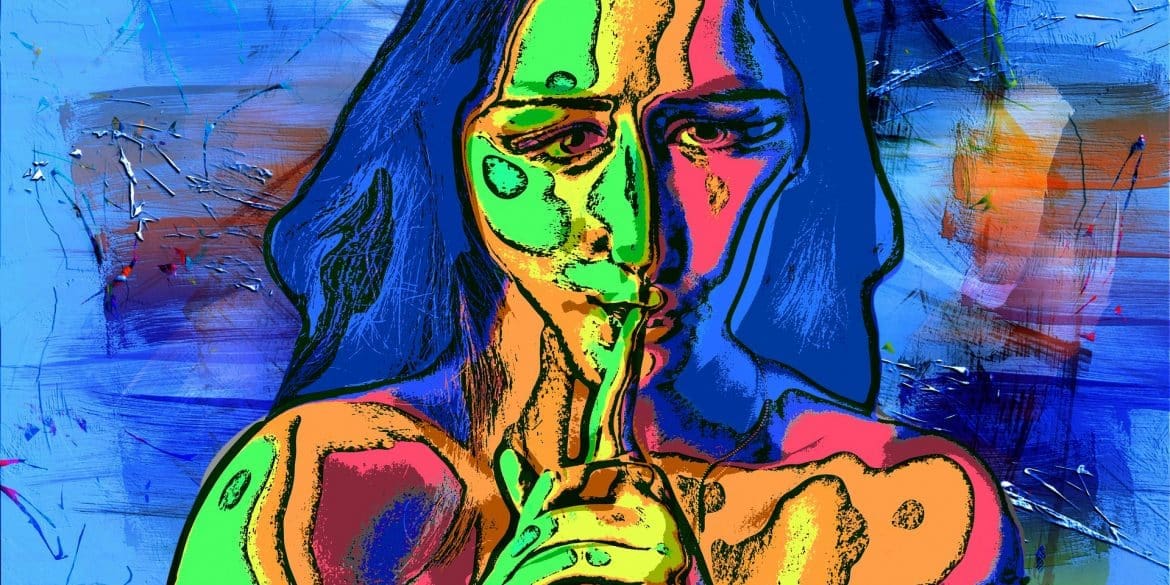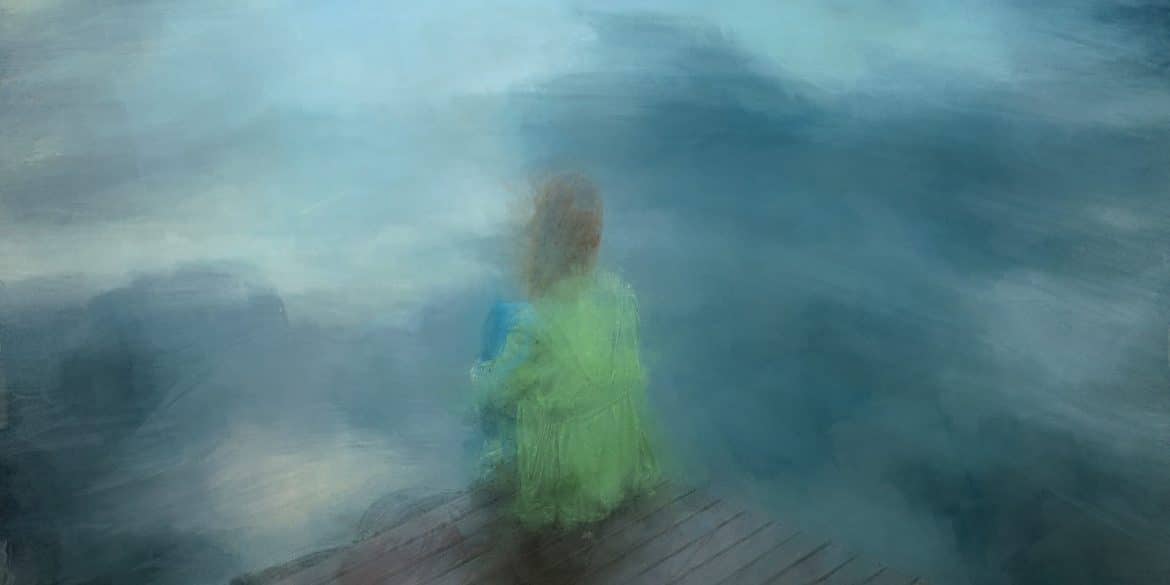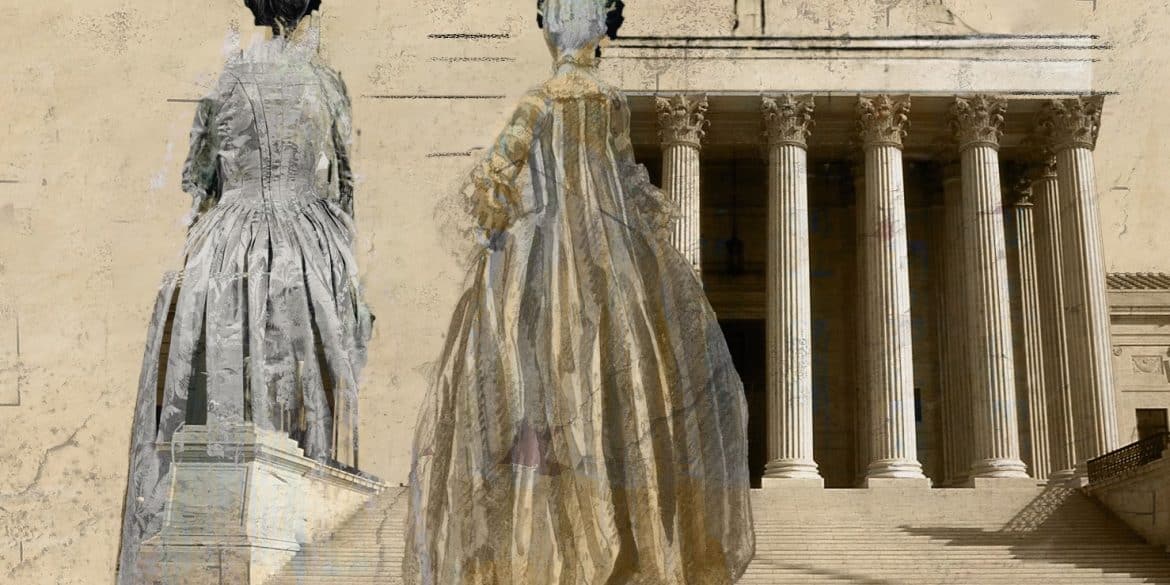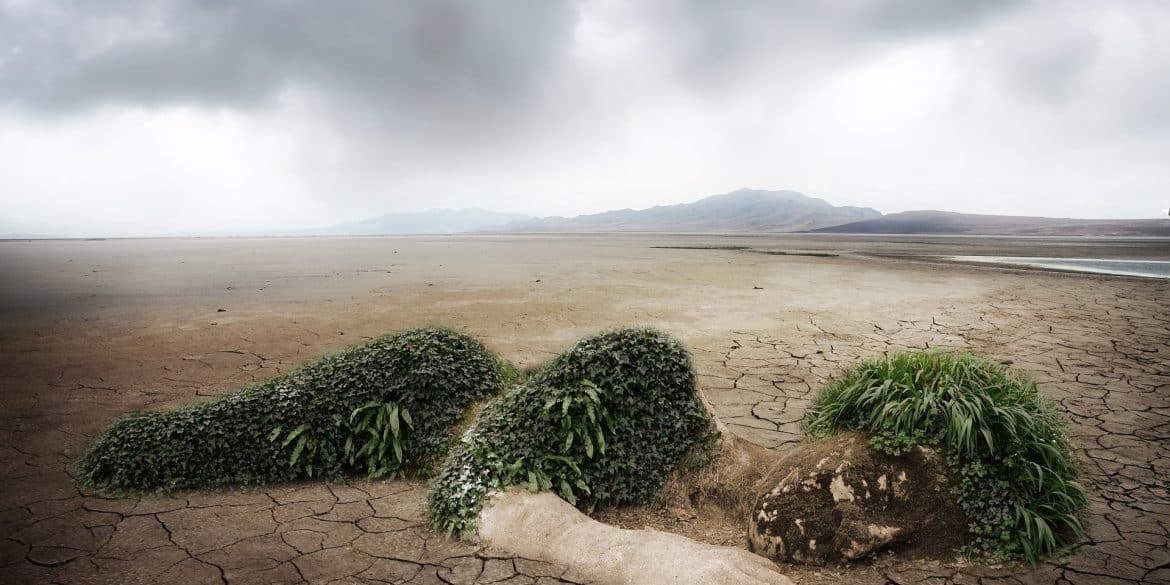What this essay tries to capture is both the wonder and the inherent horror in potty training.
This collection of poems is a glimpse into the lives lived on the margins, where the laws put in place to protect basic rights and bodily autonomy cease to apply.
This is a love letter to my people, my family and a version of me trying to overcome the trauma of almost seeing their mother die.
The process of seeking pregnancy alone (by necessity, not choice) showed me how limited reproductive rights in the U.S. truly are—even before the recent loss of Roe vs. Wade, that policy that had so shaped my generation’s belief in our bodily autonomy.
I wrote a study of my own faith, bankrupt as it may be, using story of my father, through the lens of Jewishness as I define it for myself.
"This is my childhood memory of realizing the power of laughter when everything interior and exterior makes me scared."
"This is an autoethnographic narrative where I use my own marriage to tell a story about love, bodily autonomy, acceptance and illness."
"My poems for this special issue seek to document a history of my choice, not just personally but humanly, to use autoethnography to weave through the personal and the political."
"Give Me a Strawberry Cockroach" is the first article in our 2023 special issue on laughter and tells a story of Japanese language learning and performance.
Richard Stimac·
All ContentAutoethnodramaAutoethnographic Literary FictionBodily Autonomy Special Issue, 2022-23Special Issues
··23 min read"In this autoethnodrama, a woman terminates a pregnancy without telling her husband."
"Combining autoethnography and artwork, Supreme Justice aims to reveal the persistence of institutionalized oppression of women through history."
"Here is a humble attempt for the 2022 special issue that comes in simple words to show how climate change begins at home."


